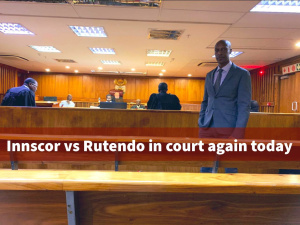 Today, Innscor and I were back in the Johannesburg High Court, following Innscor’s urgent application asking the court to order me to remove videos and articles I posted over the past month, even before the appeal is heard. This comes after we lodged an appeal of the July 16th judgment, which effectively suspended the instructions of that judgment.
Today, Innscor and I were back in the Johannesburg High Court, following Innscor’s urgent application asking the court to order me to remove videos and articles I posted over the past month, even before the appeal is heard. This comes after we lodged an appeal of the July 16th judgment, which effectively suspended the instructions of that judgment.
Innscor is arguing that my videos and write-ups, where I express my view that the July 16th judgment was flawed and failed to address whether or not the articles and lab tests I used to expose Innscor for selling GMOs containing glyphosate to Zimbabweans, are defamatory and harmful to their reputation.
My lawyers countered that by advancing that Innscor’s application does not clarify how my videos, comment on the case and facts saying that Innscor is selling GMOs containing glyphosate —a fact that the Grain Millers Association admits in its Zimbabwe High Court affidavit— constitute defamation.
They also argued that the court should conduct a defamation test by determining whether my blogs and videos about Innscor are, beyond reasonable doubt, false, based on lies, and maliciously intended to damage Innscor’s reputation.
Furthermore, they pointed out that all current judgments against me on this matter, prohibit me from publishing defamatory (false and reputation-damaging) content, but they do not prohibit me from providing facts to expose wrongdoing by the company or from whistleblowing in the public or national interest.
My lawyers continue by saying that a Zimbabwean raising concerns about toxic food being sold by a Zimbabwean company to Zimbabweans, should be addressed in Zimbabwean courts, where the Grain Millers Association has already launched a similar case, and not South African courts.
Additionally, they posit that everything I’ve written about Innscor is factual, and neither Innscor or the court has at no point proven beyond reasonable doubt that it is defamatory.
They go on to highlight that the Zimbabwean government has used some of the facts that I write and lab tests —which Innscor wants removed from the internet— to begin reviewing Zimbabwe’s GMO laws to protect the health of Zimbabweans and the environment.
This shows that the evidence I have presented in my blogs, is of public interest to Zimbabweans, and the government has accepted the health and environmental risks of GMOs that I have raised, and now they are using those to amend Zimbabwean GMO laws. Moreover, the same government should have been joined in the South African case by Innscor because decisions made in this case by South African judges may impact Zimbabwean national interest.
Therefore, my writings about Innscor cannot be blanketly labeled as defamatory without proving, beyond reasonable doubt, that the information is false and maliciously intended to harm Innscor’s reputation.
More importantly, without involving the Zimbabwean government in this national interest issue, South African courts risk overstepping their bounds and effectively governing Zimbabwe through the gavel, which is tantamount to interference in Zimbabwean affairs.
Finally, my lawyers pointed out that since we are appealing the July 16th High Court decision in the Supreme Court, the lower High Court can no longer make a determination on issues currently being disputed in the higher court.
The judge has reserved judgment, as he will review the verbal and written arguments before making a decision.
This case is of great importance to the region, and has become an issue of sovereignty, as it will determine whether South African courts can use defamation to prevent Zimbabweans from exposing corporate wrongdoing in their country.
I find it notable that Hopewell Chin’ono and the media houses that have been conducting a smear campaign against me since this case began, have not informed the public that this critical issue was in court today.
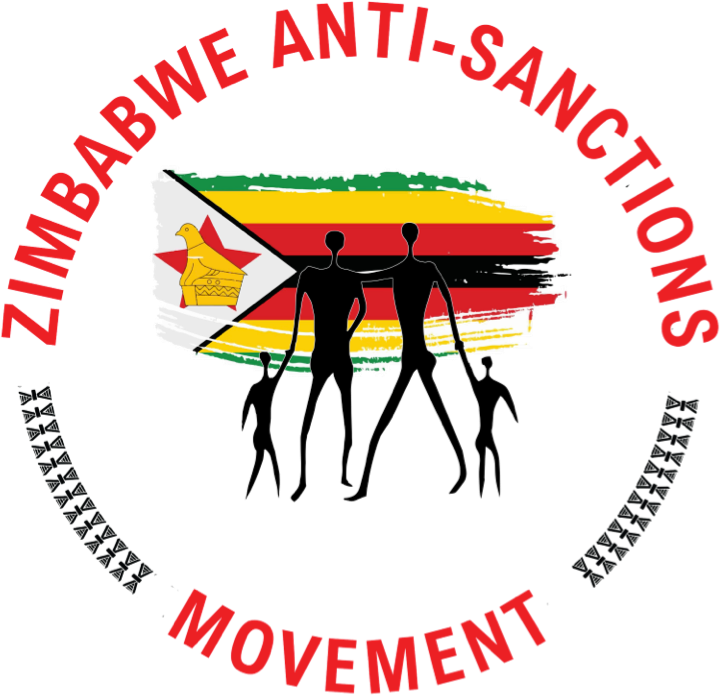


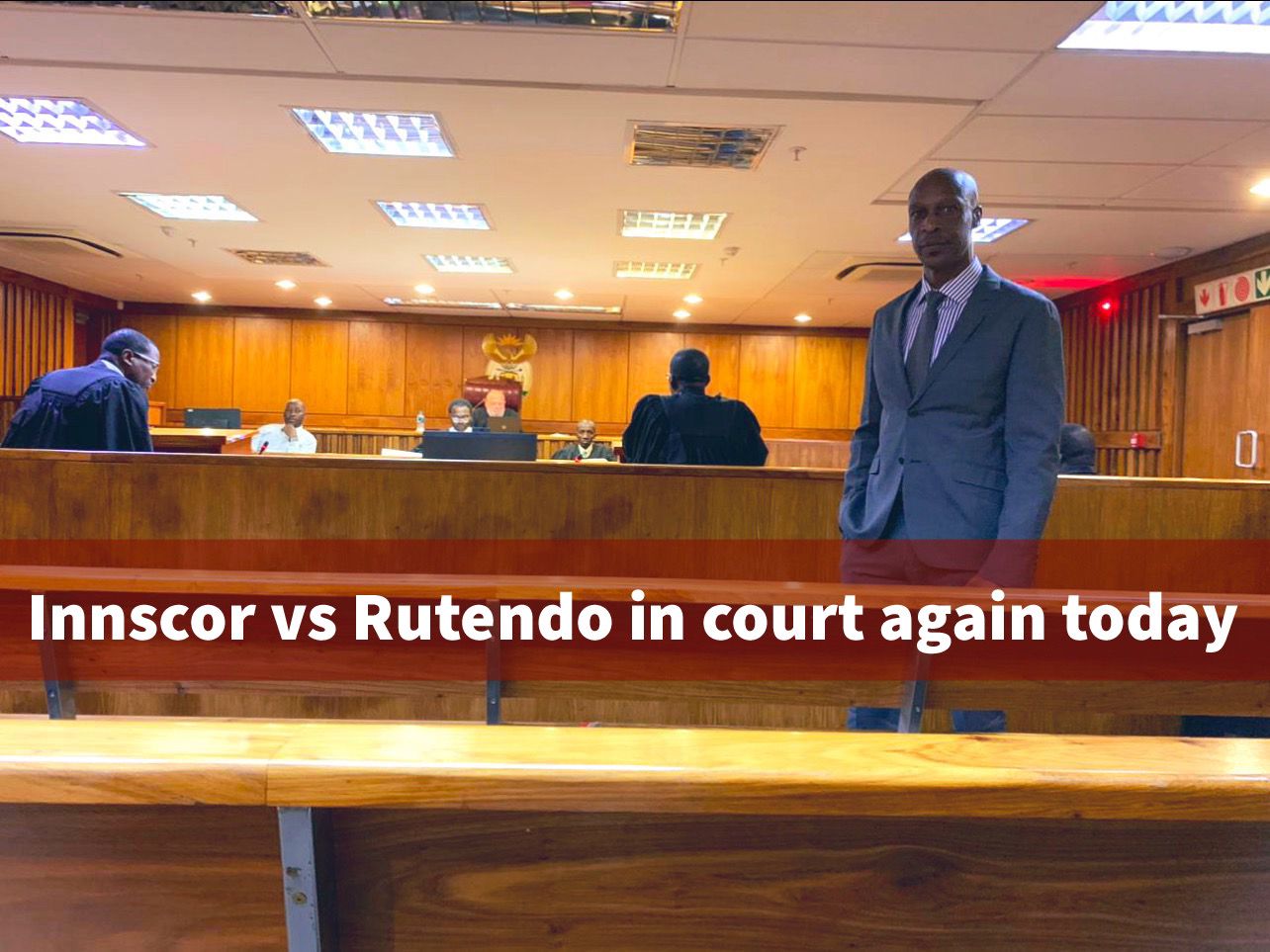
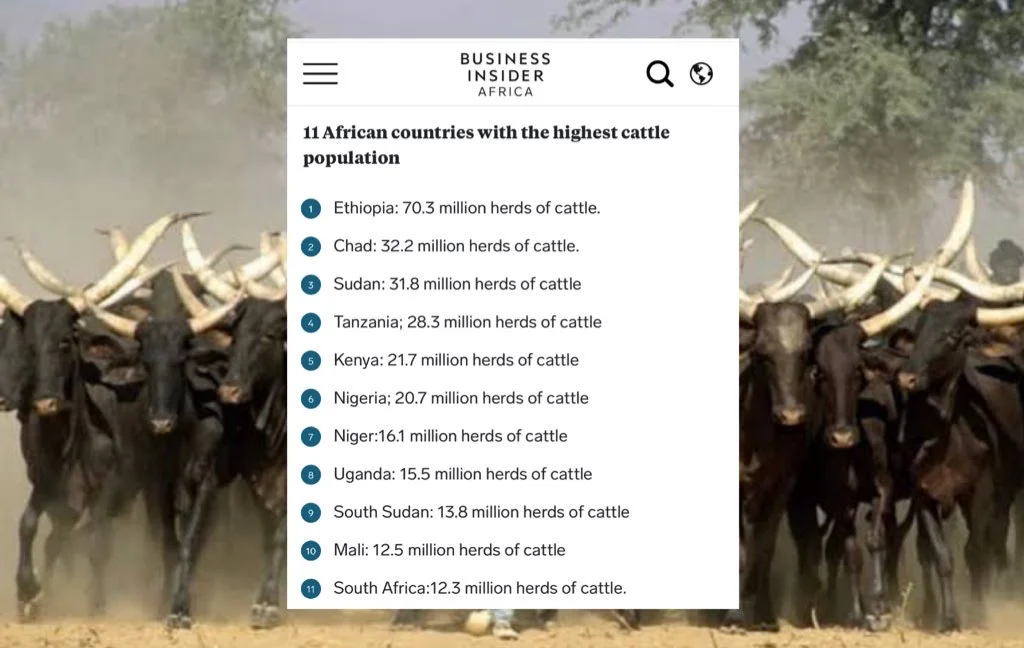
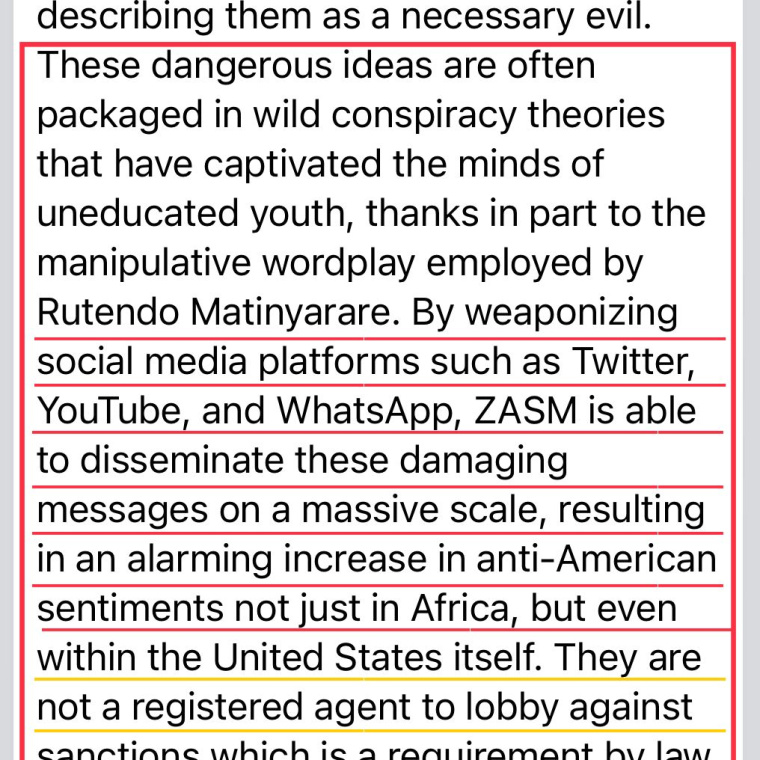
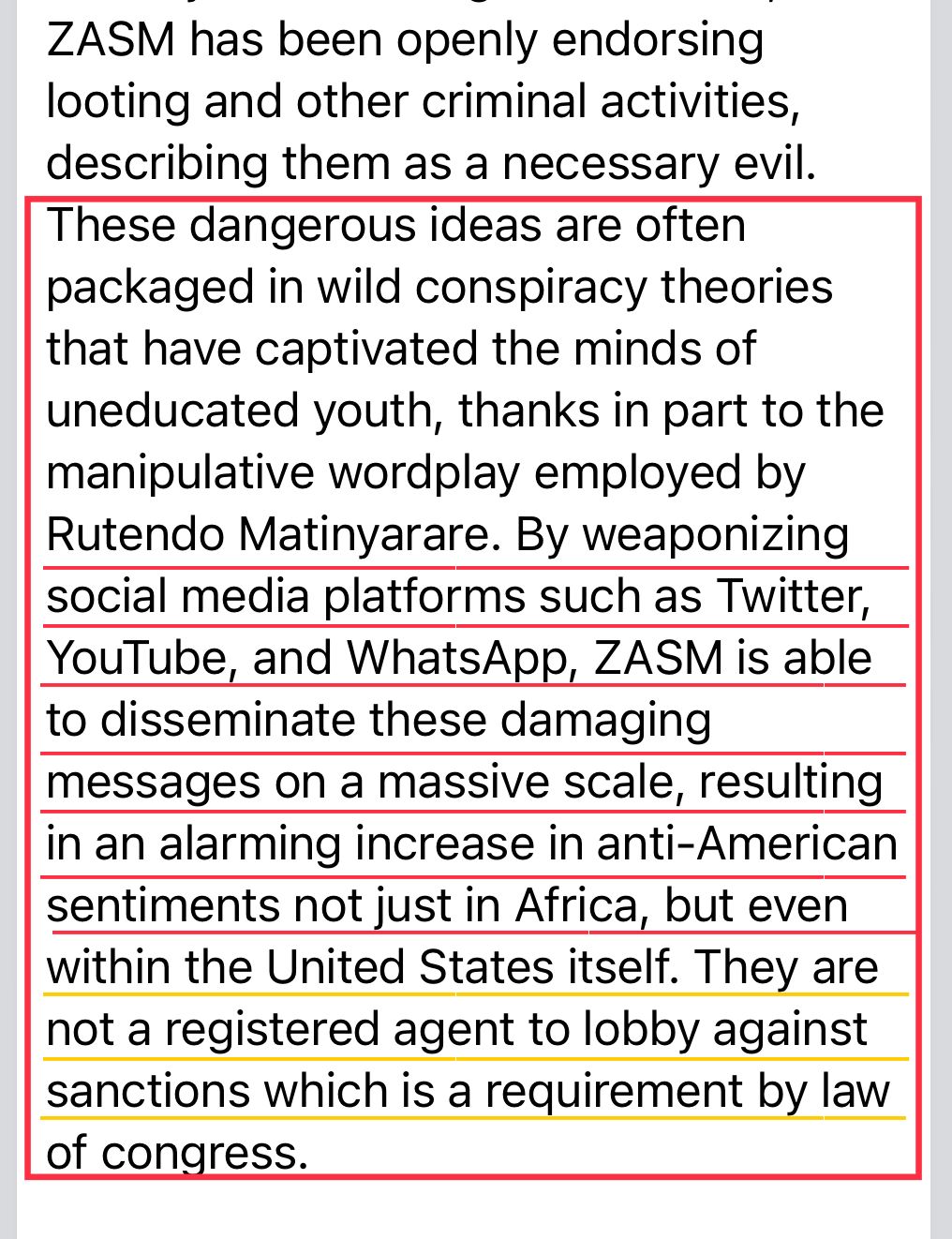 ZASM has just received a letter written by Divine Mafa’s ZEM (Zimbabwe Economic Movement) to Antony Blinken, asking him to take criminal action against ZASM. Mafa claims that ZASM is spreading anti-U.S. disinformation which is endangering U.S. lives and lobbying U.S. citizens without registering with the Department Of Justice as an agent of a foreign government.
ZASM has just received a letter written by Divine Mafa’s ZEM (Zimbabwe Economic Movement) to Antony Blinken, asking him to take criminal action against ZASM. Mafa claims that ZASM is spreading anti-U.S. disinformation which is endangering U.S. lives and lobbying U.S. citizens without registering with the Department Of Justice as an agent of a foreign government.